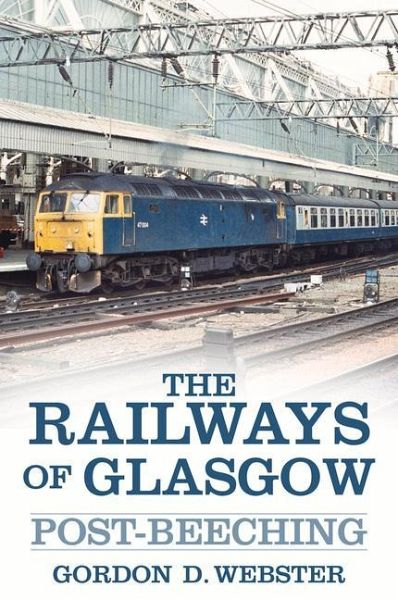
The Railways of Glasgow
Post-Beeching

PAYBACK Punkte
16 °P sammeln!
The city of Glasgow, formerly one of the largest industrial centers in the world, was once responsible for building about one-quarter of the world's railway locomotives. This was complemented by a massive urban railway network: the second largest in the UK. However, the Beeching Report of 1963 inevitably took its toll on Glasgow. This book examines the changing face of Glasgow's railways ever since, starting with the period of rationalization and industrial decline that followed. It also explores the revival enjoyed in the latter half of the twentieth century, with lines reopened and modern ro...
The city of Glasgow, formerly one of the largest industrial centers in the world, was once responsible for building about one-quarter of the world's railway locomotives. This was complemented by a massive urban railway network: the second largest in the UK. However, the Beeching Report of 1963 inevitably took its toll on Glasgow. This book examines the changing face of Glasgow's railways ever since, starting with the period of rationalization and industrial decline that followed. It also explores the revival enjoyed in the latter half of the twentieth century, with lines reopened and modern rolling stock being introduced. And with Glasgow hosting the 2014 Commonwealth Games, we take a look at the emphasis being placed on the railway as further development work takes place.













